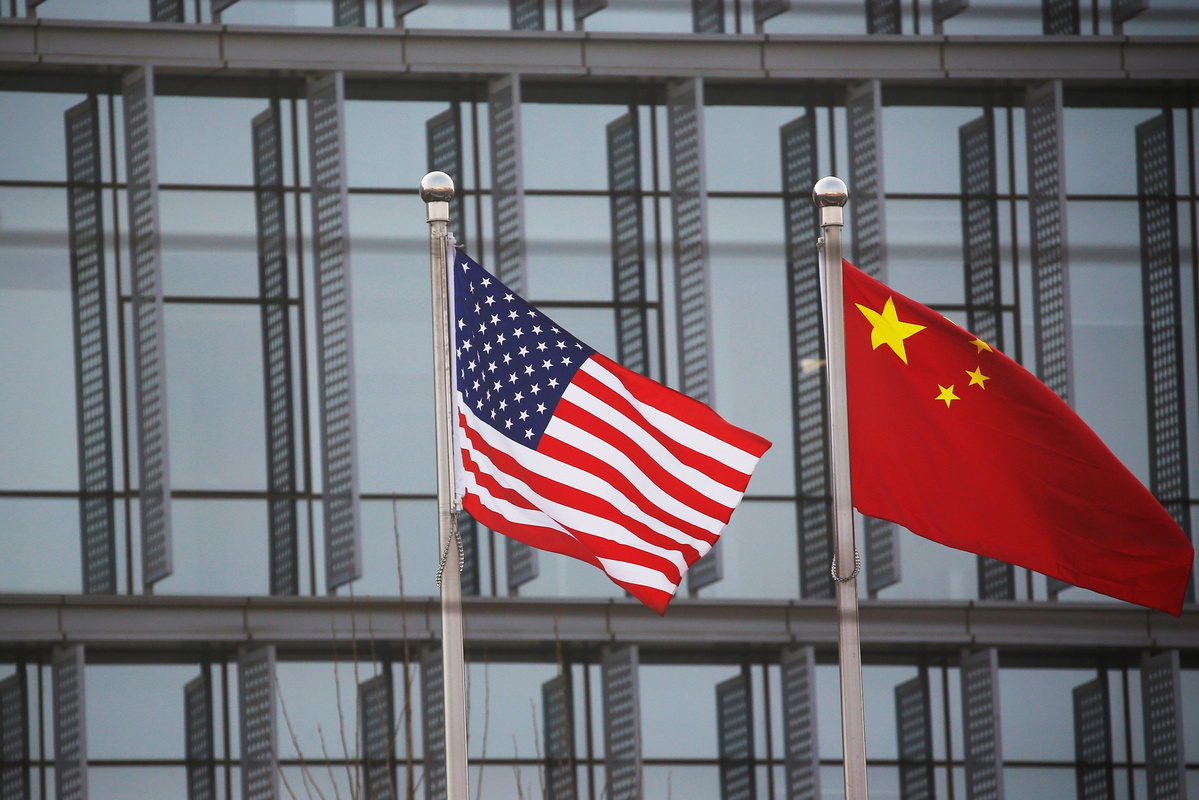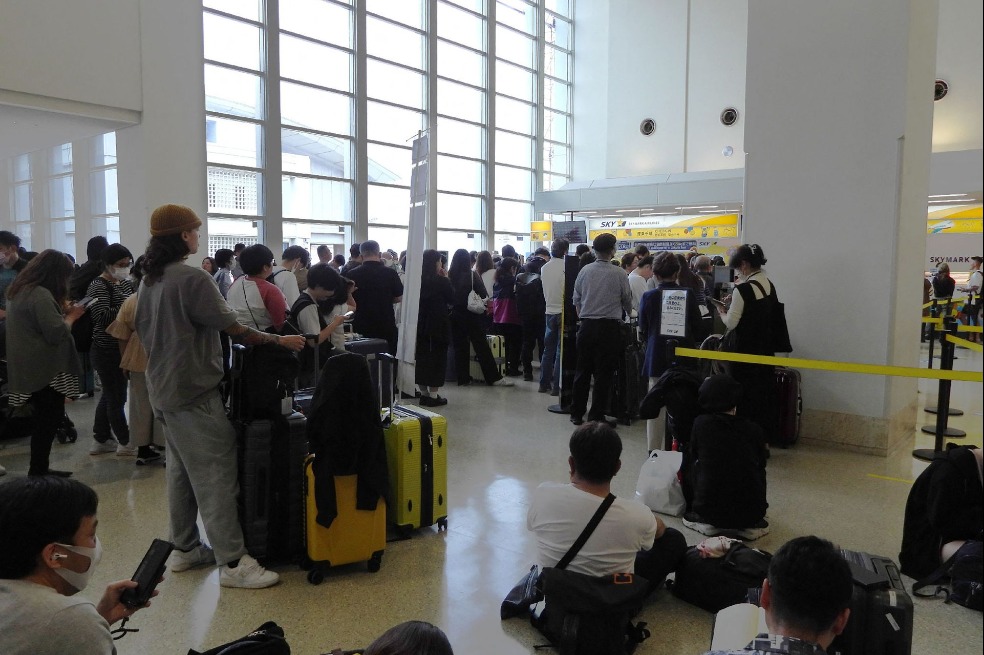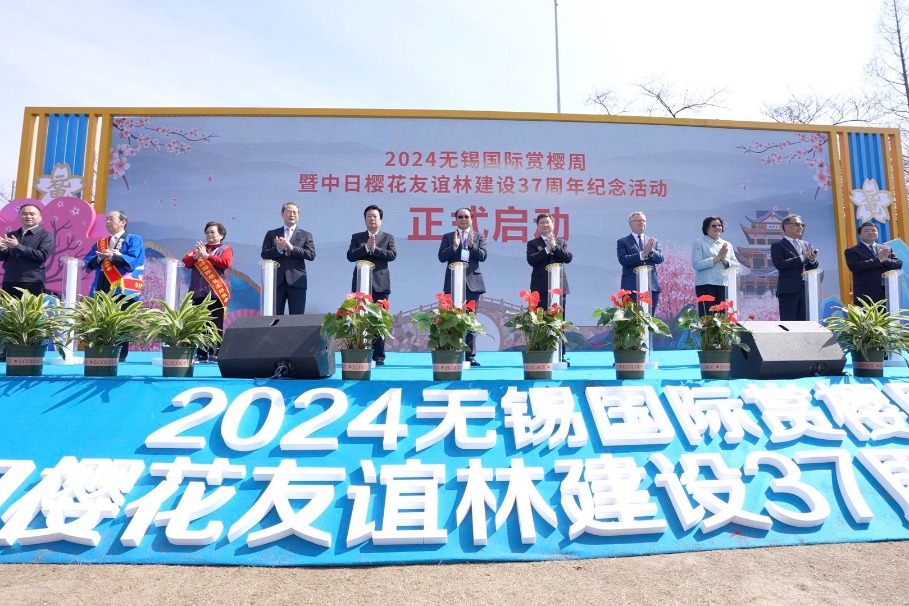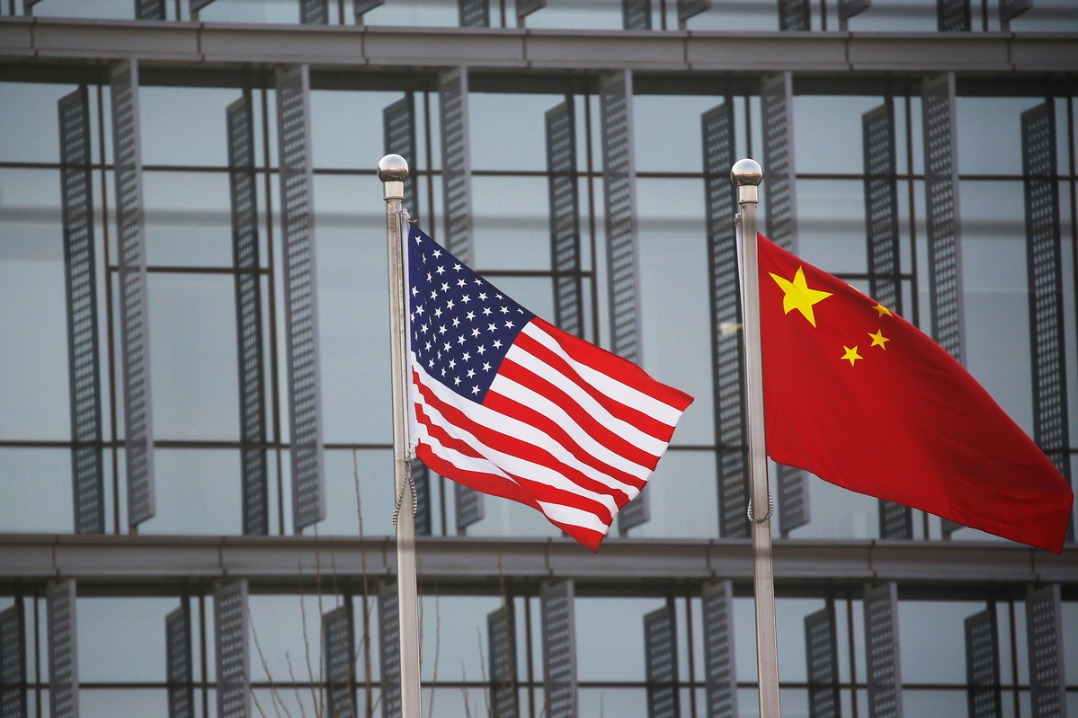Western intellectuals' views tainted by prejudice, frustration


The well-known American columnist Thomas L. Friedman wrote an opinion article in The New York Times on Nov 1 under the headline "How China Lost America". Susan L. Shirk, a United States scholar and former deputy assistant secretary of state, is at pains to explain why "China lost the West" in her new book Overreach: How China Derailed Its Peaceful Rise. The views of these two scholars are quite representative in the intellectual circles of the United States and the West.
Today, most US and Western intellectuals, including many formerly friendly toward China, are increasingly unhappy and hostile about the changes in China in the past one-and-a-half decades. Their writings and remarks are often used by anti-communist and anti-China politicians and organizations in the US and the West as the "theories" and the "facts" for attacking and trying to contain China. They also play an important role in stirring up anti-China fervor among the Western public.
One of the reasons for the resentment and bitterness of these Western intellectuals against China is that it is becoming more and more difficult for them to conduct "China studies" in the country, undertake research in collaboration with Chinese experts and scholars, or establish research teams led and funded by them in China. They are also frustrated by the declining influence of those Chinese experts and scholars who embrace or are sympathetic to Western values and institutions in Chinese politics and society.
However, since Western intellectuals now can only observe China from a distance and have negative feelings about China, their "research" findings and conclusions are often the results of "seeing flowers through the fog" and being too swayed by their own beliefs, prejudices and frustrations. Consequently, their "theories" are incomplete and biased, and the "facts" they put forward are often distorted and interpreted out of context. Moreover, some facts are deliberately discounted or simply ignored.
When the Western intellectuals bemoan that China has "lost" the US or the West, they of course do not think that China has ever "owned" the US or the West. However, at the time when the Kuomintang regime strongly supported by the US collapsed in China and the People's Republic of China founded by the Communist Party of China was established, a fierce debate on "Who has lost China?" among political parties and in society in the US did indeed break out.
Today, Western intellectuals who raise the question of how China "lost" the US or the West certainly do not think that the US and the West "belong" to China, but they are very clear in their criticism of China that the country has lost the trust, support, understanding and goodwill of the US and the West. Simply put, they believe that the Western system, values and development model are unquestionably superior.
In essence, their criticism and resentment against China are because China has not followed their requirements, suggestions and expectations for development, but has instead successfully constructed a Chinese-style modernization path that is very different from or even opposed to the Western development path, but still can make world-renowned achievements.
I will briefly respond to some of their biased views.
First, most Western intellectuals "foresee" the prospect of Chinese-style modernization as bleak, and obstinately believe that China's economic development model would never succeed. This assertion ignores the Chinese government's long-standing commitment to reform and opening-up, and is oblivious to the Chinese government's determination to build a large domestic market through reform. The remarkable achievements that China, under the leadership of the Communist Party of China, has made in the past few decades have been kept low-key or simply glossed over.
Second, in terms of politics, Western intellectuals constantly accuse China of not following the democratic path of the West and even abandoning the past policy of gradually expanding political openness. They condemn China for supposedly "trampling on "human rights and freedoms. However, objectively speaking, the Chinese government's performance in terms of effective governance, promoting development, improving people's livelihoods, maintaining social stability, fostering social justice and promoting national unity is superior to that of the US and the West.
The Chinese people are prone to give more emphasis to the country's prosperity, unity, security and international status than Westerners are. They tend to conceptualize individual freedom and human rights in a context where national interests, national security, national unity and social stability are prioritized.
Finally, Western intellectuals continue to accuse China of what they describe as unscrupulous use of military force, incessantly expanding its military power, challenging the military and geopolitical hegemony of the US, bullying neighboring countries and threatening to use force against the Taiwan region of China. They deliberately neglect that China needs a strong military force to deal with the attempted all-around military containment of China by the US since more than a decade ago, to counter the support and protection rendered to the separatists in China's regions of Taiwan, Xinjiang, Tibet and Hong Kong by the US and the West, to achieve complete national reunification after the exhaustion of peaceful means, to defend national sovereignty and territorial integrity, and to protect the far-flung interests and security of China and the Chinese people around the world.
Even if China rises with a Western model of development and piously upholds and adopts Western institutions and values, it will still be mistrusted and ostracized by the West. For this reason, even if China is deplored by Western intellectuals to have "lost" the US and the West, the Chinese people should regard it as a blessing in disguise, because it essentially means that, as the Chinese-style modernization path attracts the opprobrium of people who are biased against China, it is most likely that China is on the right development track.
Meanwhile, the jury is still out on the question of who has "lost" whom.
The author is a professor emeritus of sociology at the Chinese University of Hong Kong and vice-president of the Chinese Association of Hong Kong and Macao Studies.



































